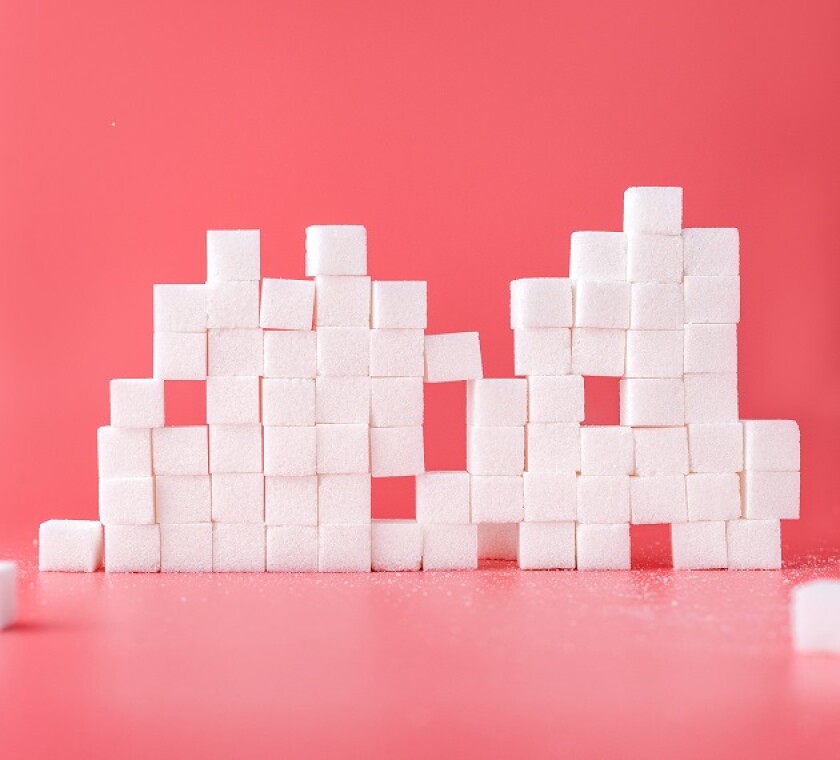In 2016, following the technical meeting on tax policies, the World Health Organisation (WHO) recommended a tax on sugar-sweetened beverages to improve diets and prevent noncommunicable diseases.
Up until then only a few countries such as the federated states of Micronesia, Latvia or Samoa were taxing these products, but five years on, there are more than 25 countries, including several European countries like the UK, Ireland, Belgium, France and Portugal, taxing sugary drinks as a way to discourage consumption and tackle obesity.
Brazil goes against the grain
Chile, Peru, Mexico, and other Southern American countries also started taxing so-called sugar-sweetened beverages in some way, but Brazil was not among them. Going against the grain, Brazil actually cut taxes on these products in 2018. Only last year did the Brazilian federal government reopen the debate on the taxation of sugary and alcoholic beverages, which could mean that Brazil is finally ready to fall into step with the international trend.
If it does, it will enjoy the unique advantage of all latecomers: it can learn from the failures and successes of its precursors.
If one is to understand why Brazil might have been reluctant to address its ‘sugar drinking problem’ and why other countries made different options regarding the soda tax, there is a need to firstly understand how these excise taxes operate and how they should be optimally designed.
Excise taxes are selective taxes that can be used for virtually anything, but are typically levied on alcohol, alcoholic beverages, tobacco, oil and energy products. But they are not progressive taxes abiding by the ability-to-pay principle, which continues to kindle the debate around their distributive justice (or lack thereof). The tax fairness and social justice concerns they raise cannot be swept under the rug.
According to the World Bank’s latest data, Brazil has one of the highest income inequality levels in the world: the top 20% of the population earn 33 times more than 20% of their poorest counterparts.
This means that an excise tax such as the soda tax will disproportionately affect the poorer population, as the pass-through rate of a tax to consumers depends on buyers’ and sellers’ sensitivity to prices. In fact, striking the right balance between protecting the poor and ensuring sustainable public finances has been flagged as one of Brazil’s key policy challenges in 2021.
Moreover, and as already acknowledged by the OECD and shown by the European experience, an excise rate increase impacts VAT – or ICMS or IPI in Brazil – since excise taxes are part of VAT’s taxable base.
The success of the soda tax in other jurisdictions can be measured by its demand-side impact - like changes in consumption patterns – or its supply-side impact – like changes to the manufacturing process.
Either way, one should take account of the horizontal substitution effect, according to product category, and the geographical substitution effect.
Empirical data and the available literature show that soda taxes seem to have little demand-side impact. Conversely, they can have a strong supply-side impact that might even include changes to production formulas, if the tax has progressive brackets.
Tax brackets in most countries penalise products with a higher sugar content, and so rather than paying through their nose, economic operators choose to reformulate production processes and adjust some products’ formulas.
Portuguese experience
Portugal is a case in point. Originally, there were only two tax brackets based on sugar content, namely one bracket for beverages with a sugar content under 80 grams per litre and a second bracket for beverages with a sugar content equal to or greater than 80 grams per litre.
Releases for consumption of sugar-sweetened beverages during this period show that manufacturers favoured the production and marketing of lower sugar content products, which led to a stepwise but steady increase in the consumption of lower sugar content products, while higher sugar content products in the higher bracket were all but binned.
Encouraged by the market’s reaction, the Portuguese government introduced two new brackets in the 2019 State Budget Act, making the soda tax a more progressive tax.
Should Brazil choose to go ahead with the soda tax to address sugar’s potential adverse health effects, maybe it could follow the Portuguese example and implement a progressive model with tax brackets designed to encourage sugar content reduction. This will strike exactly the right note with manufacturers, who apparently are quicker off the mark than consumers in changing old habits.
Mariana Rapoula
Consultant, Lobo Vasques
E: mariana.rapoula@lobovasques.com











